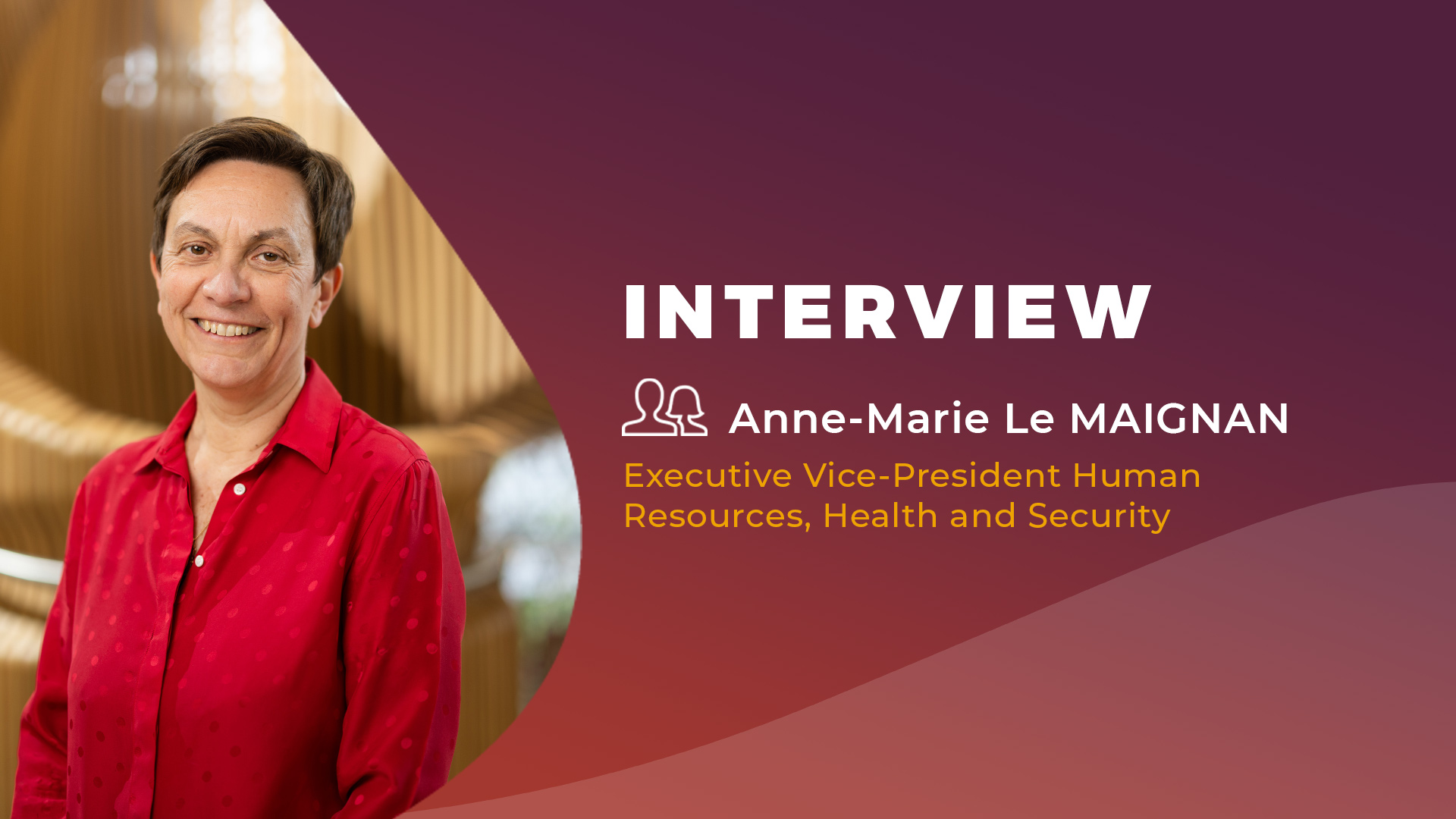As part of the Industry Net Zero Accelerator initiative, which brings together a community of industrial companies, international organizations and researchers around the decarbonization of industry, the World Economic Forum is publishing a white paper entitled “The ‘No-Excuse’ Framework to Accelerate the Path to Net-Zero Manufacturing and Value Chains.”
Eramet, which has already reduced its carbon intensity by more than 9% since 2019 and has ambitious emission reduction targets, has taken part in this collective reflection aimed at pooling knowledge and best practices in response to the challenge of carbon neutrality.
With the industrial sector accounting for 30% of global greenhouse gas emissions, Eramet wants to share its knowledge and experience and encourage its customers and suppliers to take the decarbonization path. “Achieving the famous Net Zero requires cooperation and mobilization of the entire value chain,” says Pierre Gueudet, Eramet’s Energy and Climate Director.
Through concrete examples of initiatives and projects, this white paper aims to encourage companies to define and implement actions to accelerate their transition. This document also highlights the need for all stakeholders, both public and private, to work together on the road to carbon neutrality. It proposes a framework based on 10 principles of action, grouped into four stages:
Stage I – Build the foundations
1. Build a net-zero corporate strategy
2. Set the capability for carbon footprint monitoring
Stage II – Change the game internally
3. Accelerate energy efficiency in operations and transport and decarbonize energy sources
4. Pursue material efficiency in operations
5. Rethink product design and business models
6. Develop carbon capture solutions and offset mechanisms
Stage III – Drive systemic collaboration
7. Drive value-chain decarbonization (upstream and downstream)
8. Mobilize ecosystems for net-zero infrastructure and innovation
9. Address net-zero data and digital standards
Stage IV – Make it simple, inclusive and exciting
10. Implement and drive the net-zero culture and practices



